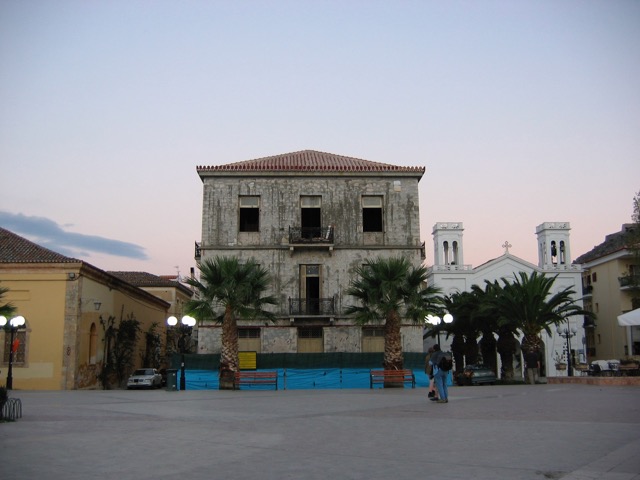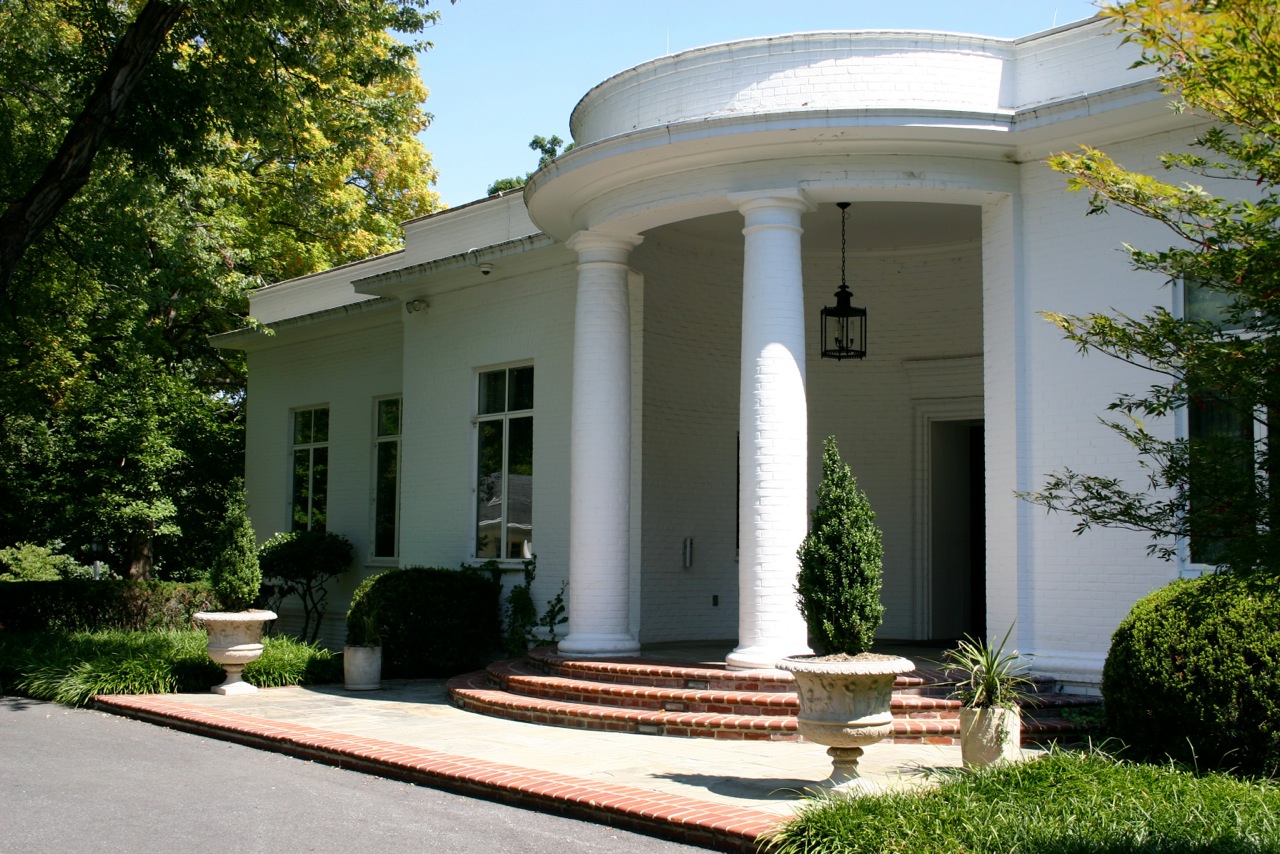The CHS team had the chance to connect with Jennifer Kellogg, former executive assistant for the Center for Hellenic Studies to discuss about her travels to Greece and her previous work with the Center. Below, Jennifer reflects on her experience as a former CHS staff member and describes the role of CHS in her later career path.
Q. Can you tell us a bit about your work with the Center?
I came to the Center in the summer of 2000, when Greg had just been appointed director and I became his Executive Assistant. I was fresh out of school, young, and determined to give my career to Hellenism. I began to help Greg and his core group of co-leaders (Douglas Frame, Lenny Muellner, and Zoie Lafis) with administering the fellowships program and facilities. Over time, we grew the scholarly programs, brought on additional staff members, and created the structure of the CHS that you see today. I also became increasingly more involved in programs for Harvard undergraduates, which led to the creation of travel study and study abroad programs in Greece.
Q. How have you seen the CHS mission evolve over the years?
The core vision that Greg articulated in 2000 has not changed; it has just spread far beyond the boundaries of Washington, DC and Cambridge, MA and become more interactive. Greg and his team’s vision of bringing philology and publishing to the internet age has been realized through many years of electronic publishing and now a further emphasis on interactive content, such as the Hour 25 project. The physical resources in Washington have become accessible to more and more people through shorter-term fellowships and research visits. Cross-cultural connections like the Harvard-CHS in Greece internship program have brought new audiences and new perspectives under the CHS umbrella.
Q. What was your role in the foundation of the Center’s campus in Nafplio, Greece? And what was that like?
I gave the project foundational energy by helping to bring it out of the ether of possibility and into reality. I was responsible for establishing the legal entity and securing the Iatrou building in Nafplio, as well as working with the Harvard administration to approve operations in Greece. I helped to articulate and execute the core group of programs that still run today, especially the internship and travel study programs.
It was a rewarding, dizzying, and character-building experience! I further improved my fluency in modern Greek and my ability to navigate the maze of Greek bureaucracy through this experience. After spending so much time in Nafplio, my husband and I feel that we “are from” the Peloponnese. I truly left my heart with the town and tried to give the project the best I had to offer and I am thrilled to see it growing and thriving today.

Q. Has your previous affiliation with the Center played a role in your later career choices?
My decade working at the Center became the touchstone of my professional life because it offered me intellectual stimulation balanced with deliberate action and project management. When I left school, I vowed to give my career to Hellenism. The way was paved through the experiences and contacts I gained from working at the Center.
It is not an exaggeration to say that I developed my professional style, skills, and ideals at the CHS. As I adapted to new professional environments and challenges, I always returned to my experiences at the CHS as a frame of reference.
Q. Given all the different situations and settings that you experienced while working at the Center, how would you describe CHS to someone who is hearing about it for the first time?
DC’s best kept secret! Or, one of the driving forces behind promoting Hellenism and the study of ancient Greek civilization in the world today. Just as the mission statement and symbol of the CHS is the Pharos lighthouse, the message of Hellenism is broadcast far beyond the 3.5 acres the CHS occupies in Washington. The CHS serves as a beacon for scholars and the general public who are hungry for connection with and knowledge of the Hellenic world. The DC campus’ beautiful facilities are delightful and significant, especially the 70 thousand plus volumes in the library which preserve important knowledge, but what happens in DC is only a fraction of the activity that the CHS supports and promotes among scholarly groups around the world.

-
Fellowships
- Fellowships in Hellenic Studies
- Early Career Fellowships
- Summer Fellowships
- CHS-IHR Joint Fellowship
- Current Fellows in Hellenic Studies
- Previous Fellows Previous Fellows – Chronological Lists
